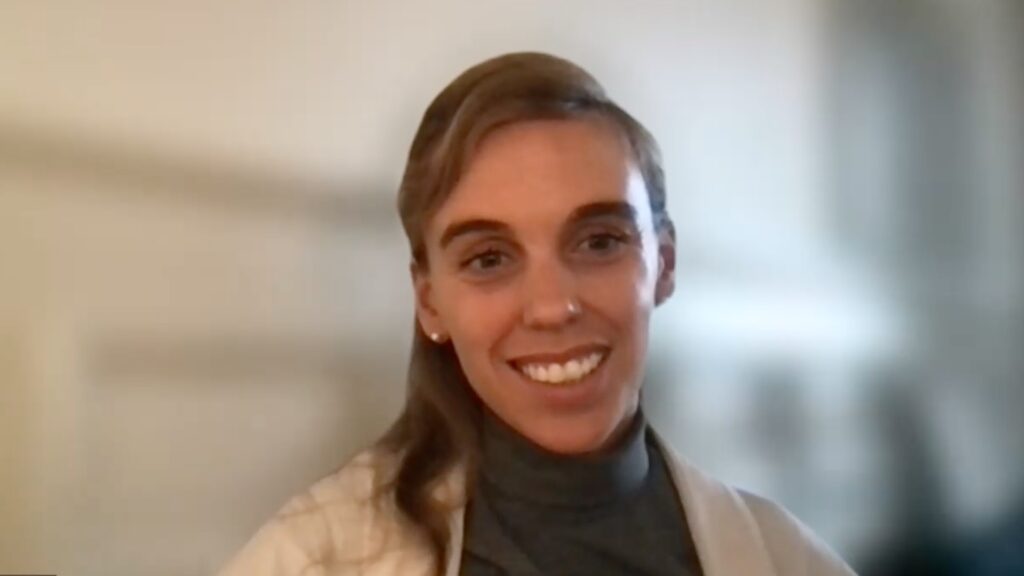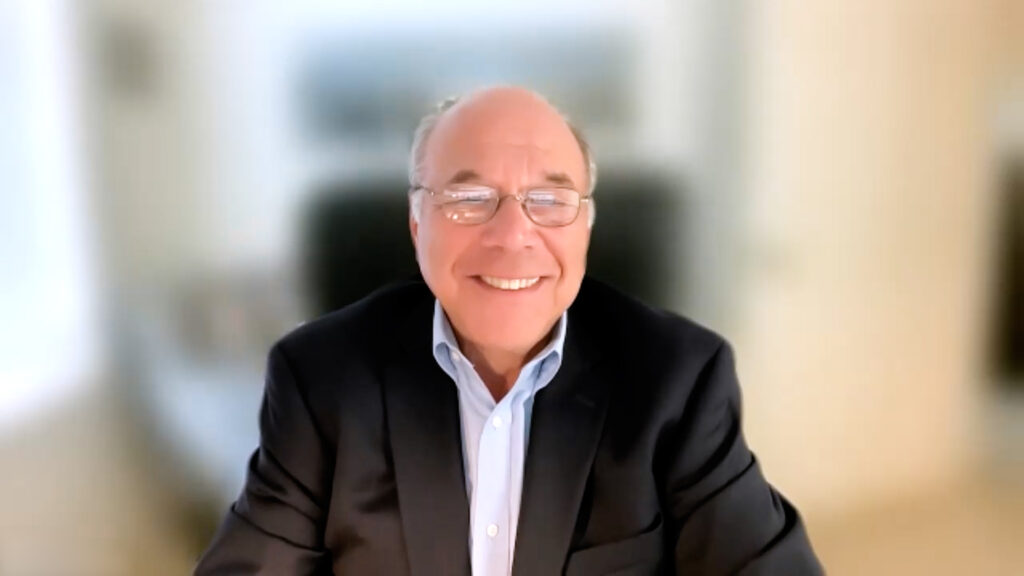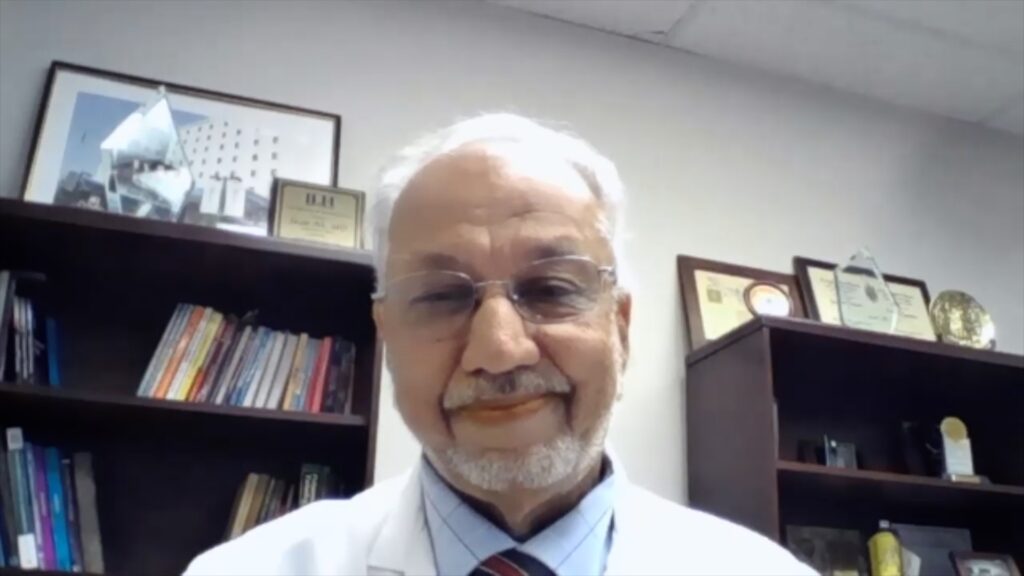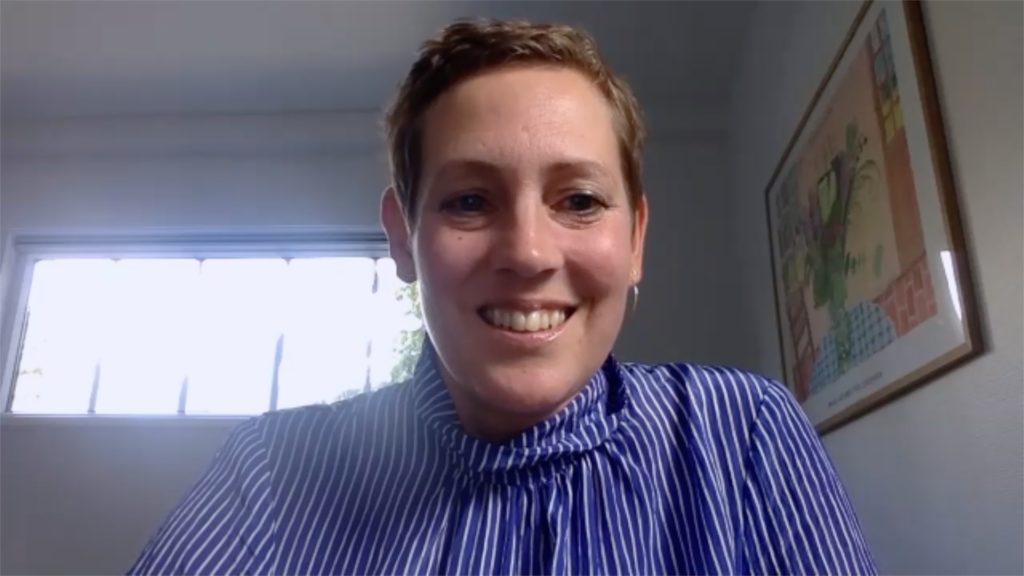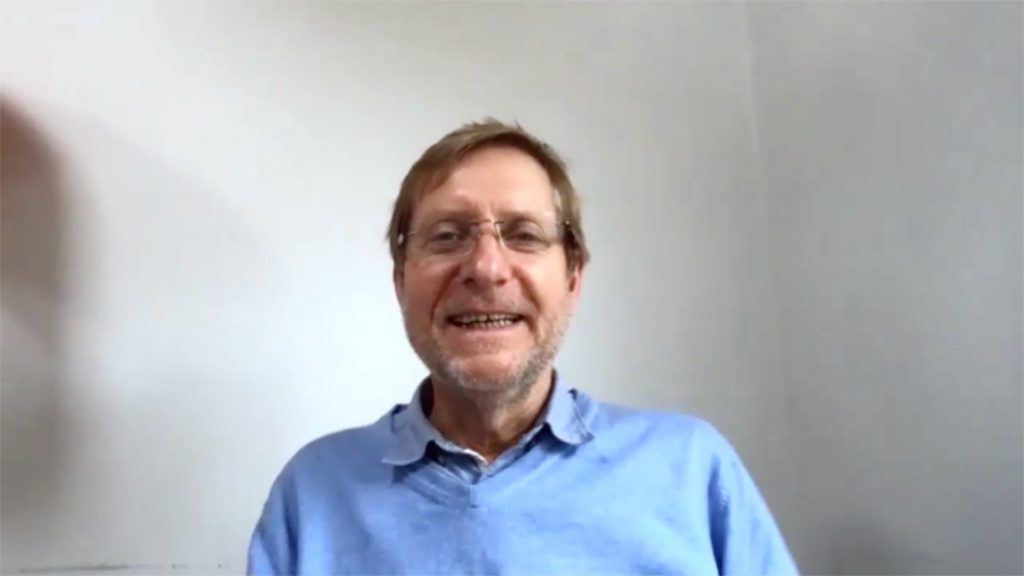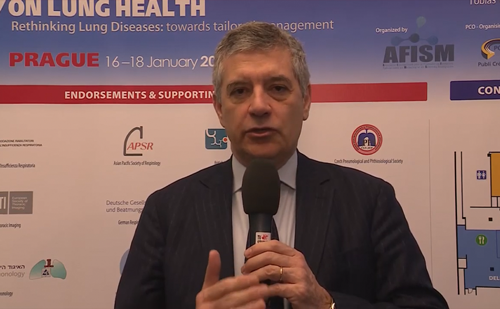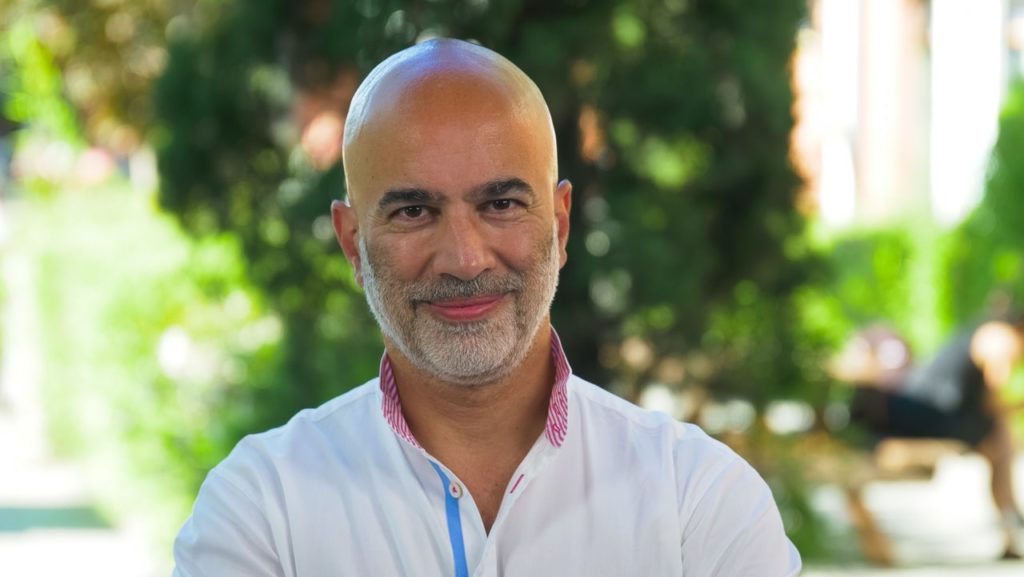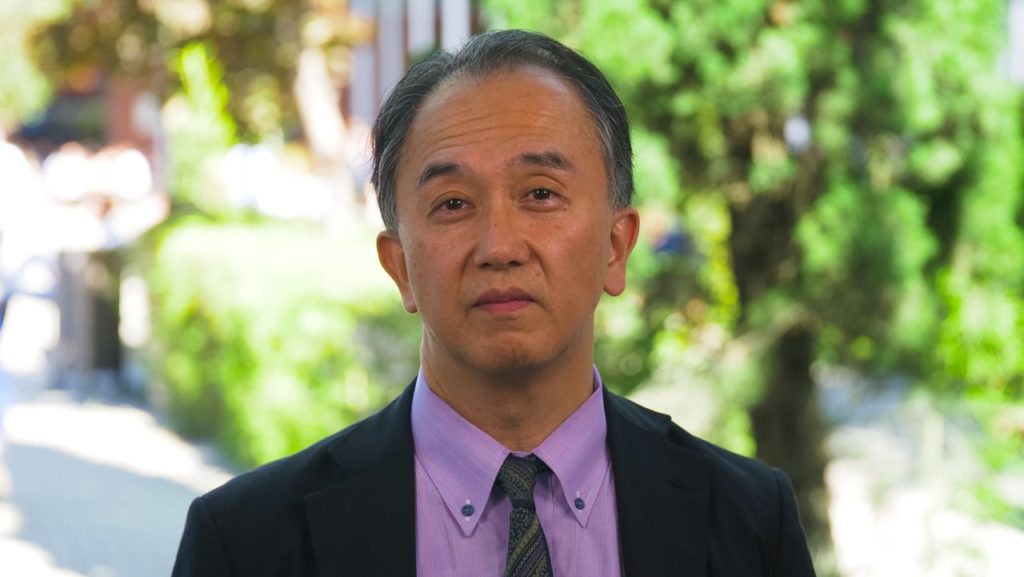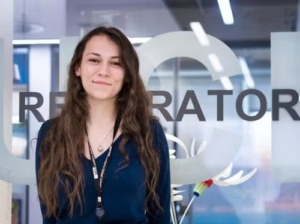 In this insightful Q&A, we spoke with Dr Kaylee Worlock, a rising star in the field of respiratory research and a post-doctoral research fellow in the Division of Medicine at University College London (UCL). Dr Worlock was the winner of this year’s Rising Stars of the 7th Forum on Respiratory Tract Infections (RTI; Glasgow, UK, 3–5 February 2025). Specialising in developmental biology and immune development, Dr Worlock’s research uses single-cell technologies to investigate critical areas such as perinatal organ maturation, immune responses to COVID-19, and the zoonotic spillover of influenza viruses. Dr Worlock completed a PhD at UCL Respiratory, where she explored immune-epithelial interactions in airway development and viral infections.
In this insightful Q&A, we spoke with Dr Kaylee Worlock, a rising star in the field of respiratory research and a post-doctoral research fellow in the Division of Medicine at University College London (UCL). Dr Worlock was the winner of this year’s Rising Stars of the 7th Forum on Respiratory Tract Infections (RTI; Glasgow, UK, 3–5 February 2025). Specialising in developmental biology and immune development, Dr Worlock’s research uses single-cell technologies to investigate critical areas such as perinatal organ maturation, immune responses to COVID-19, and the zoonotic spillover of influenza viruses. Dr Worlock completed a PhD at UCL Respiratory, where she explored immune-epithelial interactions in airway development and viral infections.
Dr Worlock’s passion for translational research, combining fundamental biological insights with real-world applications, is evident in her ongoing work. She is not only dedicated to her scientific research, but is also committed to mentoring the next generation of STEM (science, technology, engineering and mathematics) researchers through initiatives such as In2research. In this Future Leaders interview, she shares her path into respiratory science, the exciting innovations driving her research and the advice she has for young professionals pursuing careers in science.
My name is Kayley Worlock, and I am currently a postdoc fellow in Marko Nikolić’s group based at UCL Respiratory. My career to date – I started quite broad; I wasn’t sure exactly what I wanted to do. As well as being curious, I also had family members who had diseases that meant I was a bit more aware of wanting to get into research. I knew that I liked biology, so I studied biology as my bachelor’s degree at the University of Exeter in the southwest of England. Then I did a year in industry, which was a really amazing opportunity – I got to work at AstraZeneca in Cambridge. I worked in the Research and Development (R&D) department and I got to see what science was like in real life – that was my first true lab experience. Because of that, I got quite lucky; I applied for a PhD placement and I managed to get onto the Medical Research Council (MRC) doctoral training program based at UCL.
The program was amazing; it allowed me to explore a few different areas of research. In the first year, I got to do three rotations in different types of labs, and that’s where I met Marko. He presented and I thought, this is really interesting research. I wanted to try that out and that’s how I ended up in respiratory medicine. I didn’t look back after that. Now, I’ve completed my PhD and I’ve stayed in the same lab to try and finish off some of my projects, and to get some papers out. I’m in the process of thinking what the next steps might be.
As I said, respiratory science wasn’t something I’d thought about too much until I saw Marko talk about his research and I just became really interested in it. I really enjoy that it’s quite a translational field of research. So you can see quite easily the troubles and the problems that exist in the real world and then being able to try and help support and provide answers for people in your research to address those.
My research lab is primarily looking at developmental biology. We focus on how the lungs and various other organs, including the immune system, develop in foetal life – so during the first couple of trimesters of pregnancy – and now we’re also looking at the last stage of pregnancy as well. What we want to do is to look at how these systems develop in healthy pregnancy to help us understand what should be happening, so when things go wrong in disease and infection, we can recognize this.
On the other side of my research, I started my PhD and 6 months in, the pandemic hit. Being an academic and involved in respiratory research, my research went in more of an infectious disease direction. I started looking at SARS-CoV-2 and why children don’t tend to develop as severe a reaction to the infection seen in adults and that continued to lead me down this infection [path].
Working with a number of collaborators, I also looked at human challenge studies, where healthy individuals are inoculated with a virus (a very small strain in a very safe environment) to help us better study the initial reactions to the virus and viral infection. More recently, we’re looking at that in the context of influenza as well. Using models in the dish to replicate the airway, we add the virus and try to see if the new avian strains that are circulating at the moment, if they were to get into humans, what would that mean for us? How would our epithelial systems react to them?
I think I’m really lucky, I did my PhD in a very supportive and amazing lab environment. So not just Marko, but the whole lab is very supportive and really helped me through my research, even now. So I really enjoy that aspect. Marko has been a great supervisor. He’s really helped me and let me explore the different research areas that I wanted to explore, which has really helped to shape my career. And, as I mentioned, the pandemic very much shifted how and what I was looking into. I’m still trying to explore what the next few steps of my career might look like. I’m hoping to stay in academia, maybe looking at applying for some fellowships. It’s a little bit daunting, but I’ve got some people that are pushing me in the right direction.
I’m not a medical researcher, I’m very much a fundamental biologist. So a lot of what I do or that I have done in the past has been molecular based research. So I’m really excited by the new up and coming technologies that are helping us to improve, making it more accessible and more affordable. So, I think that’s really exciting, particularly in human development and the use of spatial biology. That will allow us to look not only at the single cell level, but also within tissues, where the cell is in a spatial aspect, what it is interacting with. I think that’s going to be really exciting.
From a clinical side, I think the research into mucosal vaccinations allows us to improve targeting mucosal immunity and help people that way. I think that’s an extremely exciting field as well.
At the beginning, I was really unsure what I wanted to do and which area of research to go into, and I was really worried about putting myself in a little pigeonhole and getting stuck in that. I think one of the things I’ve learned now is that’s not the case. I think you should keep open, see what’s going on, and follow your interest and your curiosity; keeping a multidisciplinary approach really does help your research and help others. As I mentioned, I was lucky enough to work in a really supportive work environment and I think sometimes we get caught up in the new flashy science, but I think finding a work environment that’s right for you, really does help your research as well. I would say, especially with the given climate and a few of the areas that I work with, I think it’s important to stay aware of and to try to be engaged in policy and politics. I think it’s an important part of science trying to engage in that side of it, because it does shape our science as well as shape what’s happening in our lives.
 Nominated as a touchRESPIRATORY Future Leader 2025, and in collaboration with the Forum on Respiratory Tract Infections (RTI).
Nominated as a touchRESPIRATORY Future Leader 2025, and in collaboration with the Forum on Respiratory Tract Infections (RTI).
Further content in respiratory infections.
Editor: Victoria Jones, Senior Content Editor.
Cite: Kaylee Worlock. Dr Kaylee Worlock #RTI2025 Rising Star Winner: Early Career Insights in Respiratory and Immune Research. touchRESPIRATORY. 19 May 2025.
Disclosures: This short article was prepared by touchRESPIRATORY in collaboration with Dr Kaylee Worlock. touchRESPIRATORY utilize AI as an editorial tool (ChatGPT (GPT-4o) [Large language model]. https://chat.openai.com/chat.) The content was developed and edited by human editors. No fees or funding were associated with its publication.
Kaylee Worlock is grant/research support from the MRC and Wellcome funded the research in this project, with the MRC also providing funding for my PhD. The Nikolic lab group, of which I am a member, has also received funding from the Action Medical research council, UK Regenerative Medicine and the Chan Zuckerberg Initiative.
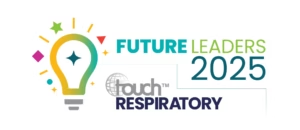
touchRESPIRATORY is celebrating the brightest rising stars in respiratory and pulmonary medicine, who are set to shape the future of the field.
View more Future Leaders interviews here.




